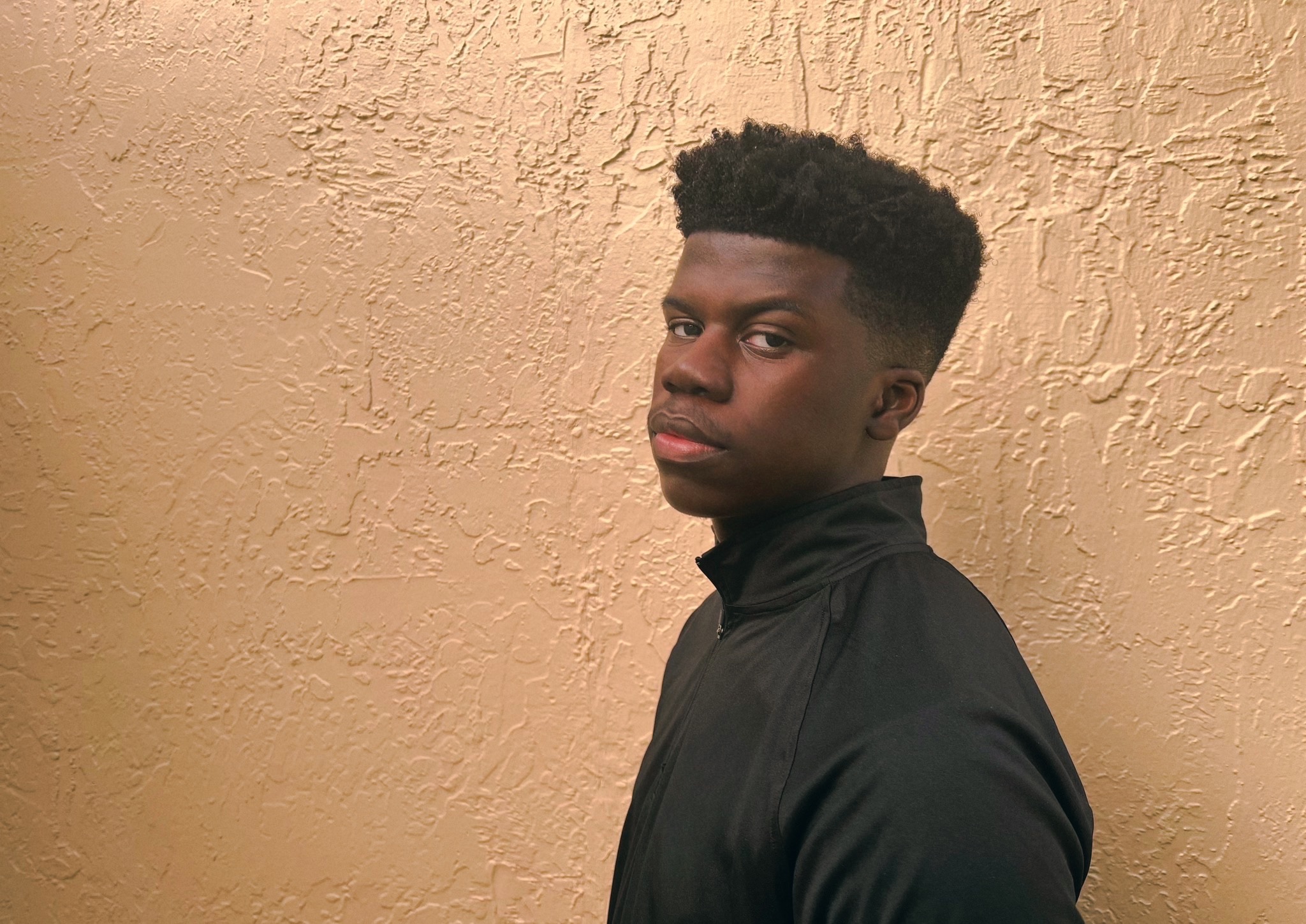We’re excited to introduce you to the always interesting and insightful Micah Dawanyi. We hope you’ll enjoy our conversation with Micah below.
Micah, looking forward to hearing all of your stories today. Can you talk to us about how you’ve thought about whether to sign with an agent or manager?
I have representation for my speaking gigs, but interestingly, I’ve yet to sign with a literary agent for my novels.
When I first started writing, I was both curious and a little paranoid. Curious in the sense that I genuinely wanted to understand every aspect of the writing and publishing world, and paranoid because I wasn’t sure who I could trust with my ideas.
That curiosity led me down a path of learning that I don’t regret at all. I’ve picked up a range of valuable skills, from graphic design and illustration to manuscript formatting and production. Taking a holistic approach to storytelling helped me build a strong creative foundation, and I think it’s made me a more versatile and informed writer.
That said, I’m now in a very different place. I feel much more open to working with a literary agent and building the right team around my work. I’m excited by the idea of expanding beyond what I can do on my own and collaborating with people who bring their own passion to the table!
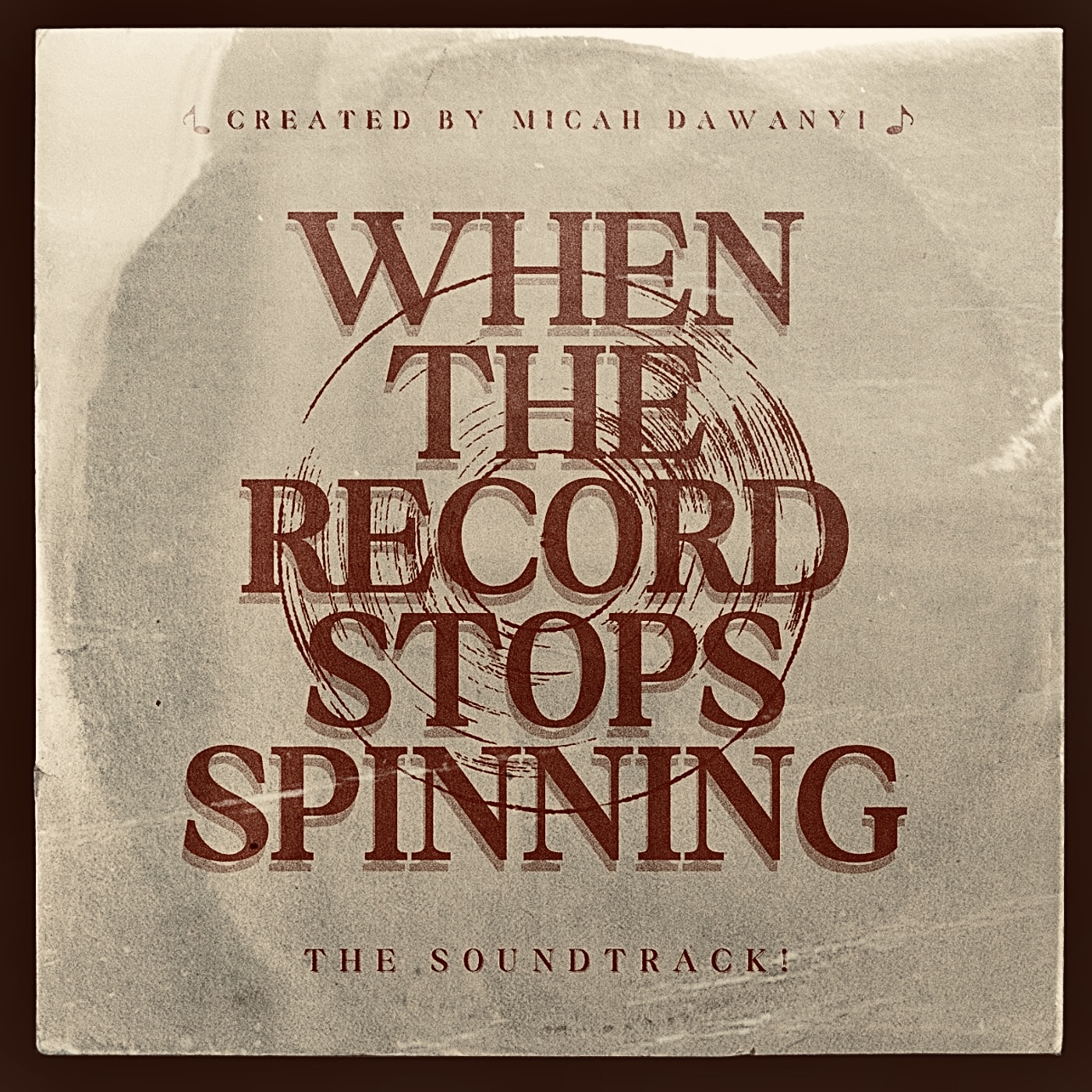
Great, appreciate you sharing that with us. Before we ask you to share more of your insights, can you take a moment to introduce yourself and how you got to where you are today to our readers.
My name is Micah (pronounced Mike-Uh) Dawanyi, and I’m a novelist and speaker.
I actually grew up playing sports and was fully immersed in that world until I was about 15, when a series of heart complications forced me to step away. At the time, it felt like everything I had built my identity around disappeared overnight. I had to find new foundations, new passions, and new ways to express myself.
I’m grateful to God because that search led me to writing and art. I took up a creative writing elective during my senior year of high school and joined a journalism club. From there, my love for storytelling and the arts really started to grow.
Since then, I’ve published three books. My first was a nonfiction memoir, and then I pivoted to fiction with my two most recent novels.
Genre-wise, I’d describe my writing as experimental. I blend speculative elements with literary fiction, comedy, drama, romance, and even a bit of action. At the core, I’m driven by a desire to educate, enlighten, and empower through storytelling. Mental health is a recurring theme in my work – it’s a subject that became deeply personal to me during the years I was managing my heart condition.
On the speaking side, I use a lot of the knowledge from my bachelor’s and master’s degrees. I’m typically invited to community events or school programs, especially when one of my novels is part of a curriculum or book club. I really enjoy connecting with students; I think because I’m not too far from their age, I’m able to engage in a way that feels authentic and relatable.
In many ways, I’m thankful for the challenges I faced early on. If I hadn’t been forced to leave sports behind, I might never have discovered my passion for the arts. Now, I plan to keep writing and speaking for as long as I can. It’s the work I feel called to do!
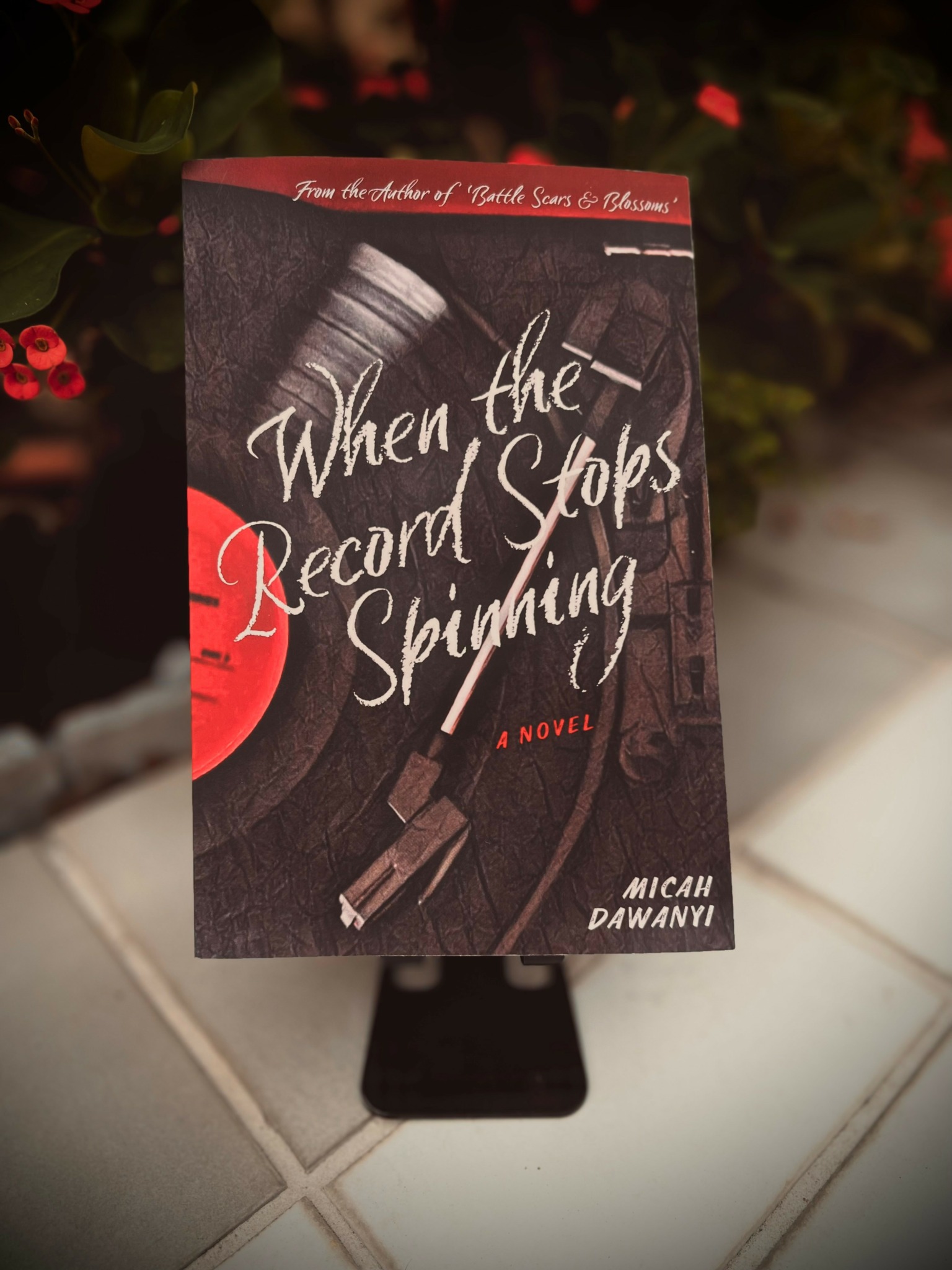
In your view, what can society to do to best support artists, creatives and an thriving creative ecosystem?
First and foremost, we need to eliminate the idea that the arts are somehow less valuable than industries like STEM or sports. It’s a contradiction we live with every day. We spend countless hours watching TV, reading books, listening to music, going to the movies- yet there’s still this lingering perception that “artists don’t have real jobs.” That mindset needs to change. Art is not a luxury; it’s a core part of how we communicate, reflect, and connect as a society.
From a policy standpoint, we need consistent funding for arts programs in schools and communities. Young people deserve access to creative outlets, whether it’s an after-school program, an elective, or a community project. These are the spaces where many artists first discover their voice.
Lastly, on the professional side, we need to support our local creatives more intentionally. There are tons of incredibly talented artists in our hometowns… writers, painters, musicians, designers, actors… these people are just as worthy of our attention as the mega-star celebrities we follow from miles away. When we invest in local talent, we build stronger, more vibrant communities and help sustain the creative ecosystem at every level.
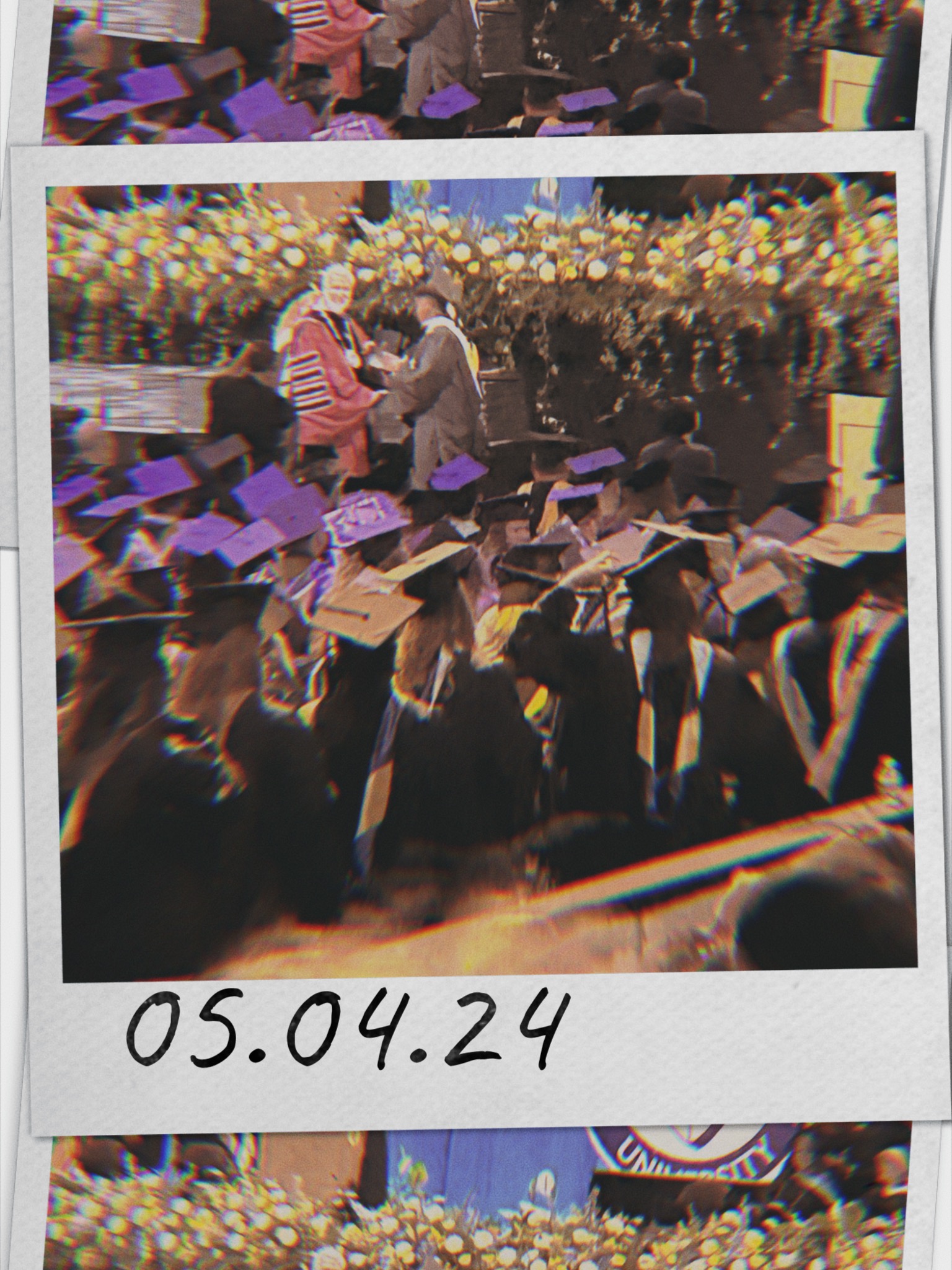
What do you find most rewarding about being a creative?
My answer might be different tomorrow, but today, it’s finishing a project and seeing how it all comes together. Definitely.
Starting something new always requires a leap of faith. It’s scary, like jumping into a black hole. But the truth is, it’s not really a black hole. The structural foundations of your artistry are already inside you; you just can’t fully see them until you take that leap.
Once you begin, the darkness starts to brighten into colors, and you start to see things more clearly. Then you can move at your own pace, shaping your vision into something real. And when you get to the finish line, you have the satisfaction of knowing that you’re ready to share your perspective with the world.
Contact Info:
- Website: https://linktree.com/micahdawanyi
- Instagram: https://instagram.com/micahdawanyi
- Linkedin: https://www.linkedin.com/in/micah-dawanyi-ma-912ab41b1

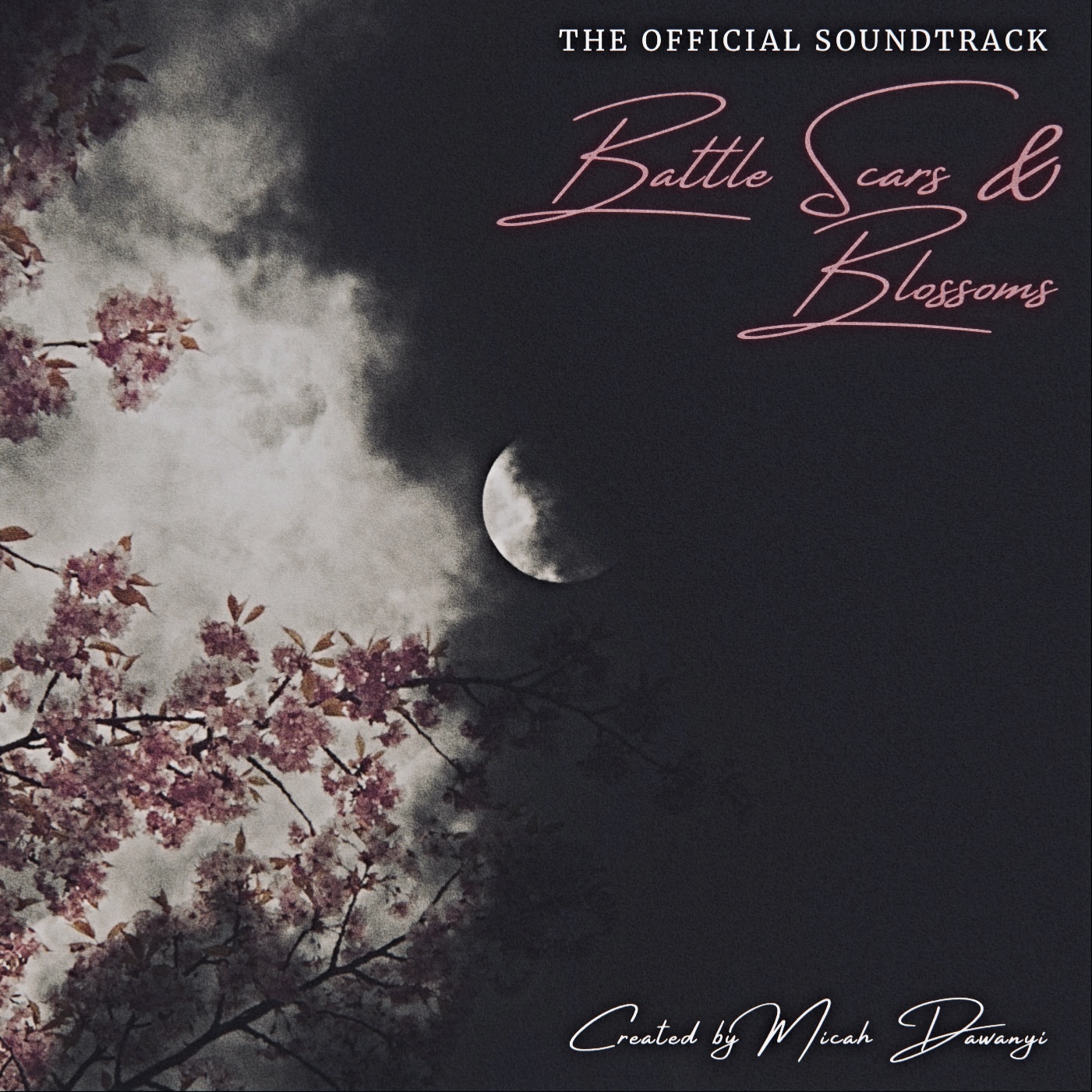
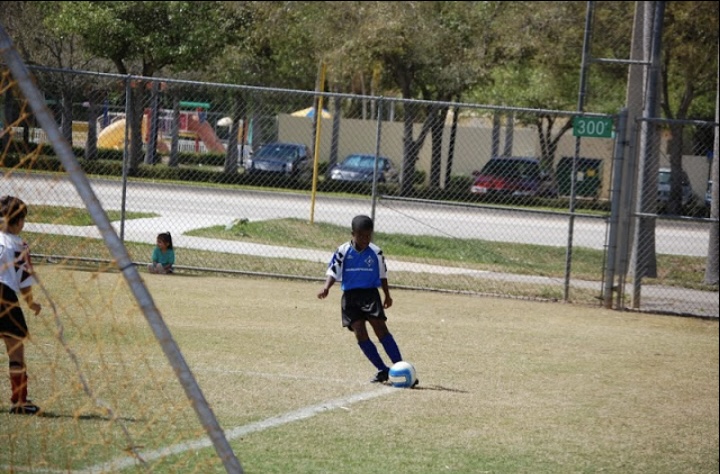
Image Credits
OnoMedia


